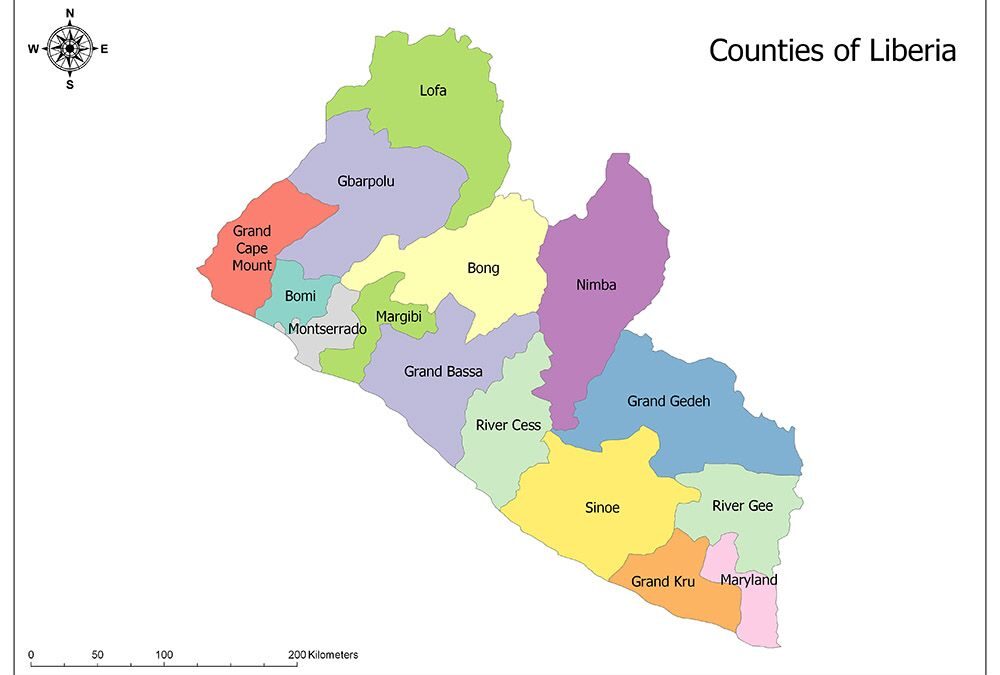Author: Joyce Kilikpo, LiHCON and PHIL
When the global pandemic hit Liberia, it was immediately apparent that the provision of essential Reproductive Maternal, Newborn, Child, and Adolescent Health (RMNCAH) services was disrupted. Health workers did not have the infrastructure nor supplies in place to safely see patients nor to prevent the spread of COVID-19. This was due to a lack of infection prevention guidance and control supplies, such as PPE. As such people were reluctant to go to health facilities for fear of contracting COVID-19, while health workers also feared for their lives.
The Liberia Health CSOs Network (LiHCON) undertook an assessment of health facilities’ readiness and availability of essential RMNCAH services using a scorecard. The scorecard assessed 45 health facilities across 5 counties, 4 of which are GFF priority counties, that are at the epicenter of the COVID pandemic (Montserrado, Bassa, Rivercess, Sinoe and Grand Kru). The assessment found that the majority of the health facilities assessed lacked basic infection prevention and control supplies even though many were trained on IPC (infection prevention and control). Additionally, the assessment found that there were significant stockouts of essential RMNCAH drugs and supplies, which led many patients to either not go to the facility for fear of being turned away or ask to buy drugs from nearby drugs store or drugs peddlers.
LiHCON presented the scorecard findings to the government of Liberia through the Deputy Minister Health, Dr. Francis Karteh, at a one-day stakeholders meeting. It was also presented to the Reproductive Health Technical Working Group as they pushed for government to maintain essential health services during COVID-19.
Various partners responded by coming together to support government to develop a training for health workers on how to address COVID-19 while still maintaining essential services. The partners included UN agencies, fellow members of the RH Technical WG, as well as others. With funding from the World Bank and supplies from partners like UNFPA, USAID and MoH, health workers received PPE and IPC supplies as well as capacity building around IPC. Following the trainings and distribution of supplies to health centres, a visit to a subset of the health facilities previously assessed showed that many health workers had regained confidence, while at the same time service users built back their trust and confidence to use health facilities. While stockouts still continue to be a problem, initial observations suggest that health centre visits and demand for RMNCAH services had started to return to near pre-COVID levels.
To build upon this success, LiHCON will continue engaging government and stakeholders to sustain gains and the investment made as it relates to the provision of uninterrupted essential RMNCAH services. We will continue to monitor the health facilities to make sure the improvements continue and to scale up to other regions of the country. Additionally, we are engaging in the monitoring of funding coming into Liberia for COVID that will be dedicated to the maintenance of essential health services. These efforts are critical to ensure essential RMNCAH services are maintained through the pandemic and funds are effectively disbursed to meet this need.

